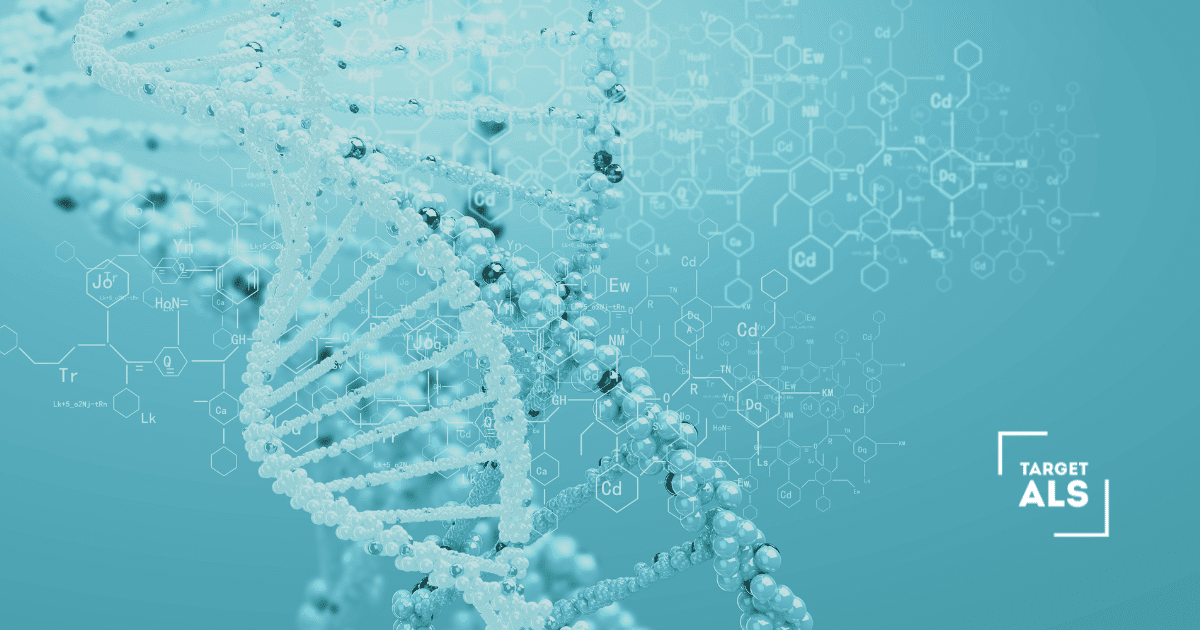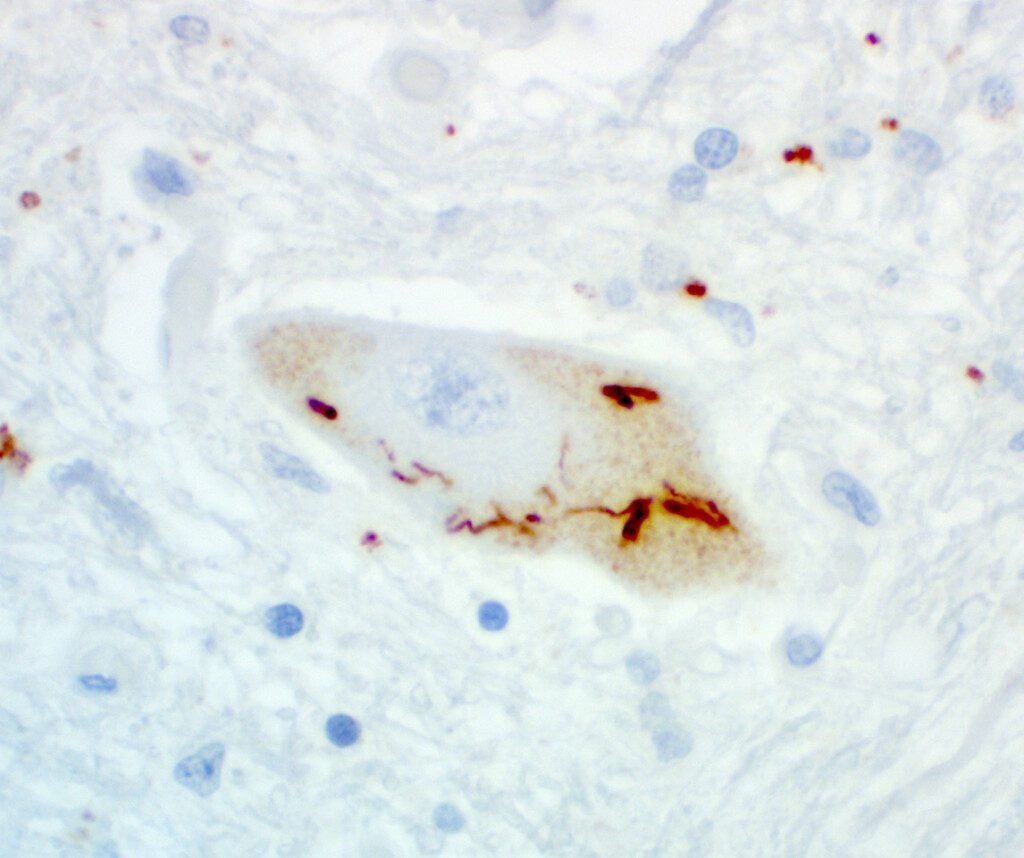Among the most distressing and painful symptoms of ALS are digestive issues that accompany the disease’s progression. Constipation, abdominal pain, a feeling of fullness, nausea, and difficulty moving the bowels are the most frequently mentioned gastrointestinal symptoms.1
Although the prevailing medical opinion has been that these ALS gastrointestinal symptoms are due to increasing muscle weakness due to the progression of the disease, recent studies2 have called into question this theory and suggest that damage to the autonomic nervous system itself may be the cause of these symptoms.

Causes of GI Symptoms in ALS Patients
No matter what the ultimate cause, constipation and other problems in the ALS digestive system are still aggravated by the usual culprits:
- Dehydration due to reduced fluid intake, especially as swallowing becomes more difficult in early stages of the disease.
- Inadequate fiber intake due to dysphagia or lack of appetite.
- Medication-related problems stemming from constipation, diarrhea, and nausea. Some medications can also affect satiety and the taste of food.
- Lack of mobility may not have the effect on constipation and digestive-tract health that was formerly believed, but can still have an impact on overall health and physical functions.
Although these causes may not be the primary causes of ALS bowel problems, the complex nature of the disease means that everything that can be done to alleviate the problems should be done. Patients should be encouraged to stay hydrated and keep active, and medication intake should be carefully monitored.
The Nervous System’s Impact on Digestion
Researchers have examined patients presenting classic ALS gastrointestinal symptoms who were still able to eat a regular, solid diet and were able to maintain a mobile lifestyle.3 The findings concluded that one possible explanation of the cause of the GI symptoms was due to the impact of ALS on the autonomic nervous system, which regulates the activity of the intestinal tract.
The autonomic nervous system regulates feelings of hunger and satiety and also controls peristalsis -the involuntary constriction and relaxation of the muscles of the intestine. The hypothalamus releases neurochemicals, which advise the body when it is time to eat, and these chemicals are sent to the GI tract along the vagus nerves.4
It now appears that ALS patients often experience GI disorders in the earliest stages of their illness, possibly even before their diagnosis.
Another study looked for markers of intestinal inflammation in ALS patients and found a marked change in the intestinal bacteria of ALS patients that was indicative of infection.5
Restoring Balance in ALS Patients’ Microbiomes
It’s important to note that these studies are in the research phase, and human trials are years away. Nevertheless, these studies have exciting implications for patients and their families.
Some probiotics (microbes that exist in the bacterial flora) may have an effect on the progression of ALS.6 The exact mechanism has yet to be determined, but it appears that the microbiome of ALS patients can be altered by the disease, so researchers are studying whether or not probiotics can help restore balance.

This research is still so new—the results were published only last year—that it is too soon to expect definitive conclusions. However, the findings may provide insights into possible ways that ALS interacts with the GI system.
Effects of ALS On the Digestive System
As the disease progresses, changes in the digestive system have been observed. The following is a description of some digestive issues in patients with ALS:
- Digestion begins in the mouth, as the teeth begin the process of breaking down food and enzymes in saliva prepare it for digestion. If the patient is unable to chew thoroughly or cannot swallow (or is afraid to swallow for fear of choking), then they begin to suffer from poor nutrition and dehydration.
- Acid reflux, although not specific to ALS, can occur because of insufficiently chewed food, insufficient hydration, or “delayed gastric emptying,” which leaves the stomach too full for too long.
- Nausea and vomiting, which are accompanied by a risk of aspiration. Like acid reflux, nausea can be caused by delayed gastric emptying, which presses the stomach against the diaphragm and causes a feeling of fullness.
- Constipation may be the most frequently reported and most distressing symptom, but the ultimate cause of constipation in cases of ALS is still not clear.
- Stomach problems are a well-known issue across the board.
Much of an ALS patient’s digestive system conditions are cyclical. In other words, problems tend to build on one another: A patient drinks less water because of fears of choking, then dry food takes longer to digest, leading to constipation, resulting in the patient becoming even more dehydrated.
For patients with ALS and their families, any new research is a breath of hope in the face of this terrible disease. More is being discovered every day to shed some light on what remains a mysterious ailment.
Frequently Asked Questions
Does ALS cause eating problems?
Yes, the vast majority of ALS patients experience some difficulty chewing and swallowing food. This typically happens as the person reaches the latter stages of the illness.
Should certain foods be avoided with ALS?
ALS patients should be encouraged to eat high fiber grains in tandem with fruits and vegetables. Lean proteins like chicken and fish are also healthier, while beef and pork might need to be avoided after a certain stage.
Does ALS cause an upset stomach?
Gastrointestinal function may be compromised or delayed for patients with ALS.
While some individuals with ALS may experience gastrointestinal symptoms such as nausea or difficulty swallowing due to weakened muscles involved in swallowing (dysphagia), upset stomach as a direct symptom of ALS is uncommon.
However, individuals with ALS may experience secondary symptoms related to gastrointestinal issues, medications, or other health conditions that can cause an upset stomach.





